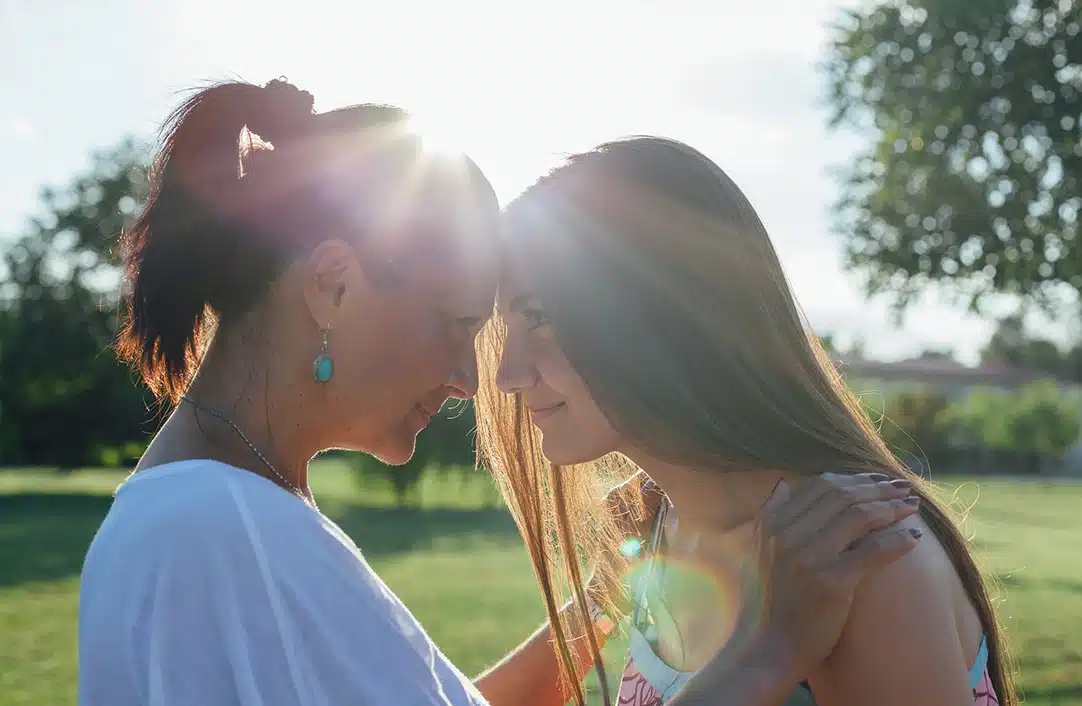There are six basic sexual health principles that can guide someone in making decisions about their sexuality. These are important concepts to teach your child or teen, in addition to learning and modeling them in your own life. Within each of these principles, you’ll want to discuss safety, trust, communication, respect, and accurate information—all of which are key to achieving sexual health and happiness. As you read these, think through how they relate to you and your family, and decide if there are other rights or principles you want to add when you talk to your child or teen about them. Not everything below is appropriate for all ages. Use your judgment to decide what your child is ready for.
01
Consent
Consent is the full, continuous, mutual agreement to sexual activity between the individuals involved. Consent includes the right to:
- Choose what you participate in, what you don’t participate in, or abstain from completely.
- Change your mind at any time.
- Fully understand what you are agreeing to.
02
Non-Exploitation
Exploitive relationships use coercion and power differentials to benefit one individual over another. You have the right to non-exploitive relationships and to:
- Feel safe in your sexual activities.
- Not be taken advantage of due to age, gender, religion, ability, race, etc.
- Voice your needs, concerns, and preferences as they relate to your sexuality.
- Not please others at your own expense.
03
Protection
Protection from STIs, HIV, and unwanted pregnancy comes through medically accurate education, information about the risk partners pose to each other, and access to appropriate healthcare and resources. You have the right to:
- Ask about the risk your partners pose to your sexual health.
- Deny sexual contact without use of protection or deny sexual contact altogether.
- Educate yourself and others about types of protection.
04
Honesty
Honesty is being truthful within sexual relationships. Partners should voluntarily share important information in an environment of safety and trust. You have the right to:
- Be honest with yourself and your partners.
- Give and receive accurate information, even when stakes are high.
- Ask questions of your sexual partners that impact your sexual and emotional health.
05
Values
Sexual activities can have different meanings for different people. Sharing sexual values can help to clarify what is acceptable for each person in the relationship and create clear expectations. You have the right to:
- Take time to know your own and your partners’ values around sex.
- Have your values respected without being belittled or condemned.
- Feel safe sharing the values that you have and why you have them.
06
Pleasure
Safe sexual experiences built on trust have the ability to bring enjoyment and satisfaction to those involved. You have the right to:
- Find your personal sexual preferences, expressions, and desires.
- Feel safe when exploring sexuality.
- Experience consensual pleasure without pain.
As you think through these principles and share them with your child, you may find things that resonate more at different times and in different situations. Having open and honest conversations about sex and healthy sexuality is one of the most important things you can do with your child or teen. It can prevent them from being sexually abused, help them have happier and healthier relationships, and allow them to make more informed choices around sex and sexuality.
Recent blogs

Male Sexual Abuse

What to do if a Sex Offender Moves to Your Neighborhood?

